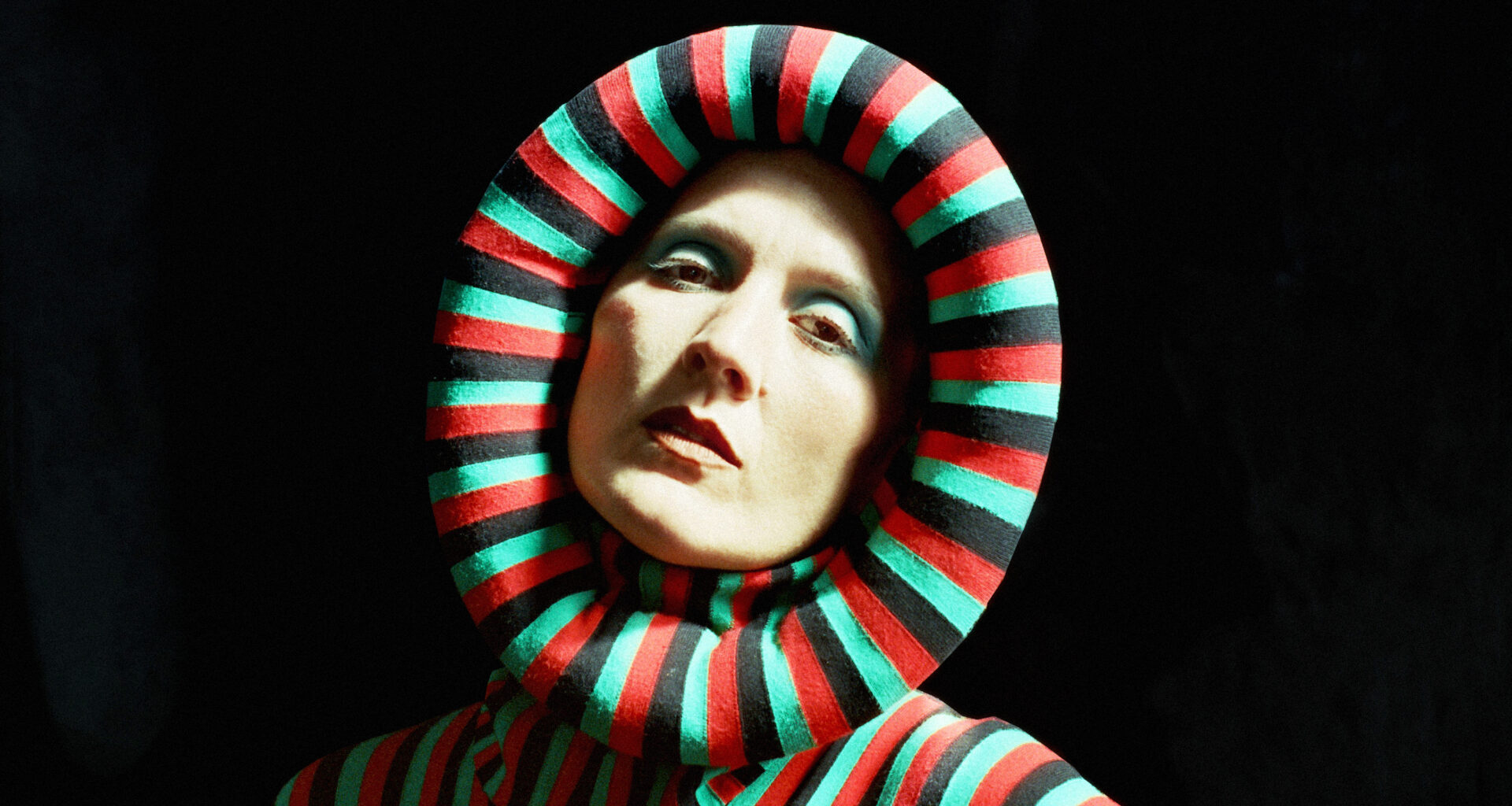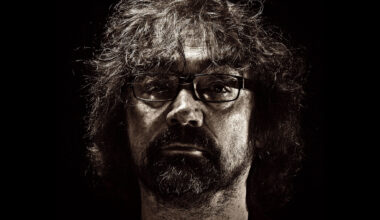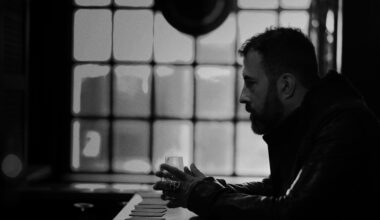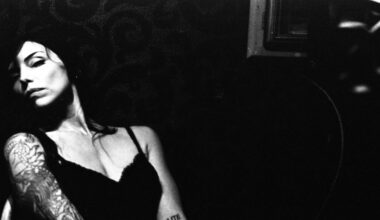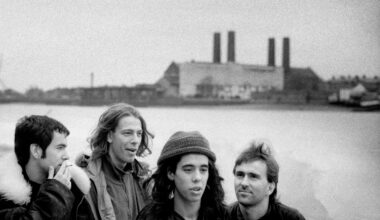From folk singer/songwriter to the electronic music top table, Cate Le Bon has been on quite the journey. With a new album, ‘Pompeii’, ready to roll, we find her at the peak of her powers
Want to read more?
Sign up to Electronic Sound Premium to gain access to every post, video, special offers, and more. 100%, all you can eat, no commitment, cancel any time.
Already a premium member? Log in here
